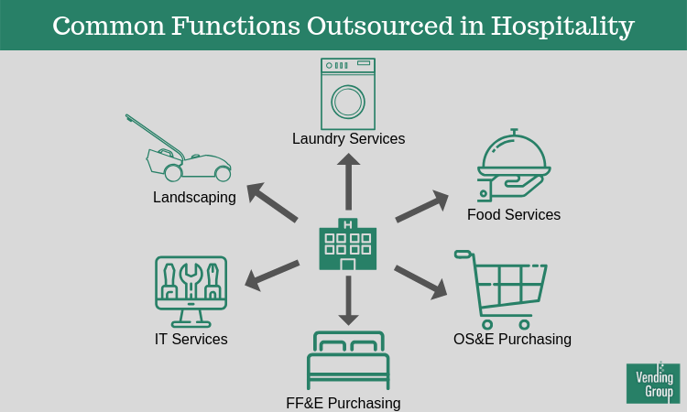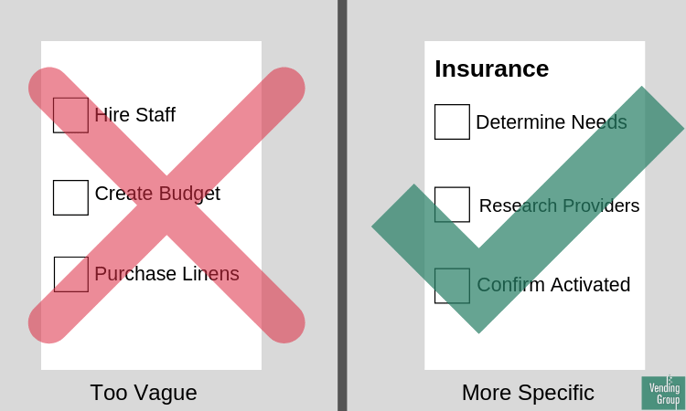
So much depends on a hotel pre-opening plan that owners and operators can't afford to ignore it. It directly impacts not only the grand opening, but the future operational success of the hotel as well. For hotel management groups juggling multiple projects at once, it becomes critical to have a pre-opening plan to avoid disaster.
But even a good plan can result in disaster if it's not followed correctly, causing problems as:
- Inadequate staffing
- Tensions between owner & operator
- Potential damage to brand image
Overcoming the challenges of the pre-opening process requires, among other things, exceptional organizational skills. But that's no easy task amidst the chaos of sourcing and coordinating vendors, hiring staff, creating a budget, and dozen other elements required for opening a new hotel. Here are three ways to make the process easier so you can meet your pre-opening goals.
How to Stay on Track with Your Hotel Pre-Opening Plan
1. Outsource When Possible
Outsourcing is common in hospitality. It allows you to use the expertise of a third party vendor as leverage. Not only does this give you a competitive advantage, but it helps you save time, reduce costs, and increase efficiency. But it must be done strategically.
While you don't want to outsource high-touch responsibilities such as concierge services or the front desk, there are many areas of hotel operations you can outsource that will help make managing the pre-opening process easier. Those include:
- Laundry
- IT services
- Marketing
- OS&E Purchasing

Even vending services can be outsourced to a vending management company, which can actually add revenue to your bottom line.
There's a lot to keep up with during the pre-opening phase for hotels, so anytime you're able to take something out of your hands is a good thing.
2. Create & Use Checklists
Never underestimate the value of a good checklist. It will keep you on track and help prevent major blunders that can be costly to your organization. Even if you're experienced with hotel pre-opening processes, maintaining a checklist of what needs to be done can make all the difference.
Why are checklists so effective?
Despite how much experience you have with opening new hotels, you'd be remiss not to use a checklist to track progress.
In his book, The Checklist Manifesto, Dr. Atul Gawande explains how important checklists really are. In medicine, it can be the difference between life and death. He acknowledges that it might sound so simple, especially to someone with advanced knowledge and skill sets, but checklists can actually help you improve performance and be more consistent. "They remind us of the necessary steps and make them explicit," Gawande says.
So what makes a good checklist? A detailed one.
It's not about simply checking off boxes. The goal is to embrace "a culture of teamwork and discipline." Using a simple checklist is good for a broad overview of the project, but when it comes to individuals or teams the checklist should be more detailed.

When creating a checklist, include important steps needed to complete a certain goal. This allows you to see where exactly you are in the process of a specific task.
A good checklist will keep everyone on the same page so that you meet your hotel pre-opening goals on time.
3. Give Yourself Ample Time
With so many activities going on during the pre-open phase, it's easy to push things off thinking you'll have plenty of time to complete them later. You'll likely find yourself scrambling to acquire the right supplies or staff members, which will only result in hasty decisions.
It can take weeks or even months to find the right candidates to fill certain positions. The same goes for any operating supplies. Even if you've outsourced purchasing for your hotels, it takes time for those vendors to get all the supplies needed, delivered, and installed to be ready.

